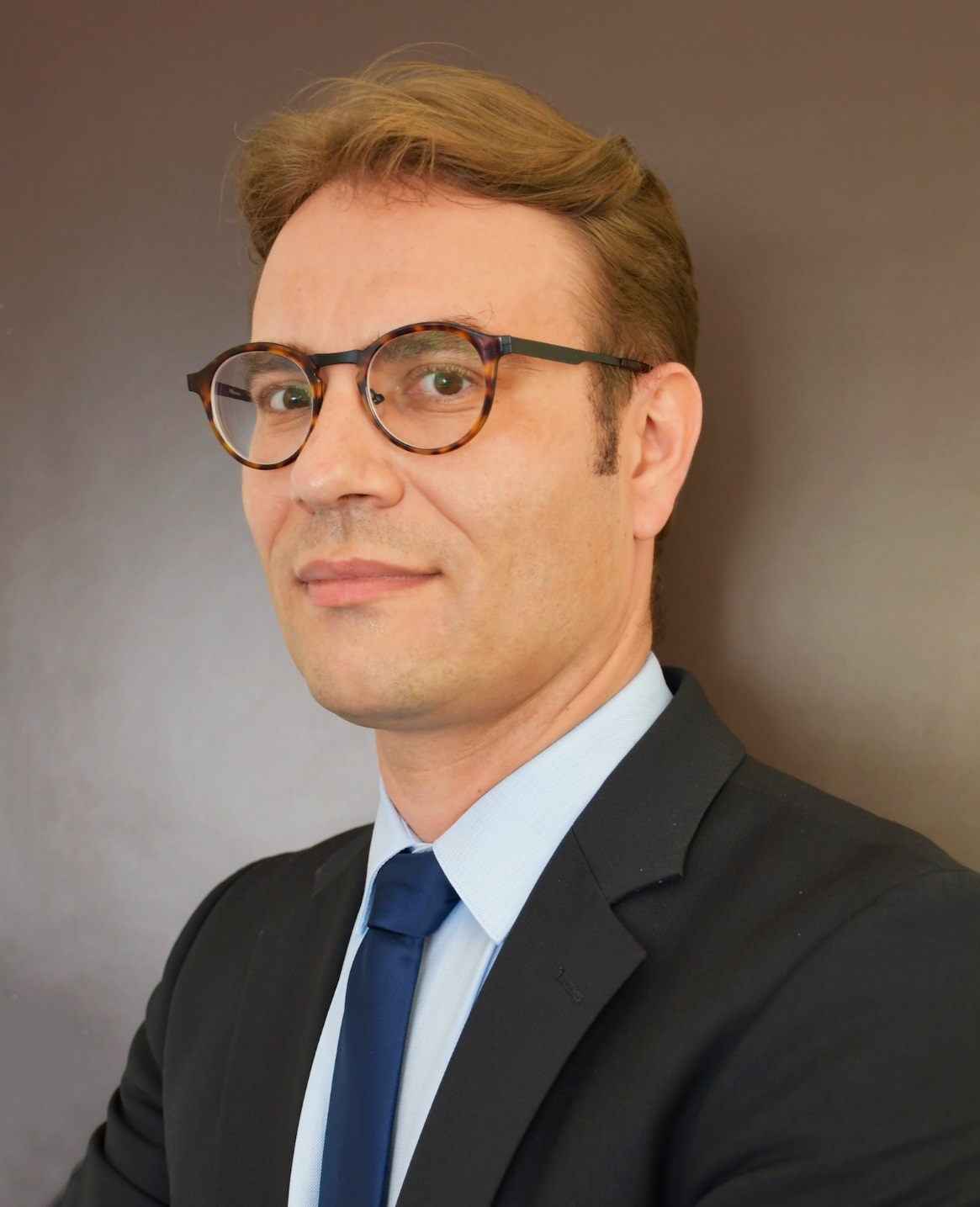The end of the Merkel-Macron era — a mediocre legacy?
German Chancellor Merkel has met with French President Macron in what could be her final working visit to France. Some analysts say their cooperation should have produced more results.
Thursday night was probably the last time German Chancellor Angela Merkel walked across the gravel in the Elysée Palace's courtyard to talk business with French President Emmanuel Macron.
The latter came towards her and, with large smiles behind their face masks, both did a fist bump while patting each other on the arm.
Standing in front of a crowd of journalists, they then announced the night's topics: Afghanistan, climate, European cooperation.
"We will continue to work closely together over the coming months‚" Macron said.
Just like at roughly two dozen other occasions over the past five years, the pair walked up the stairs, turned around for a last smile at the cameras and vanished through the glass doors.
The affectionate scene symbolized the end of a chapter of Franco-German cooperation.
Merkel will, after 16 years in power, will not run in Germany's upcoming general elections on September 26, and France's next presidential elections are scheduled for April 2022.
So what will be the power couple's legacy?
A short honeymoon
Their relationship has had its rocky patches — even though it began under a very good star, opines researcher Paul Maurice from the Research Committee for Franco-German Relations (CERFA) at the Paris-based French Institute for International Relations.
- "Macron's election in May 2017 triggered outright enthusiasm. He was seen as a liberal, pro-European and reformist candidate promising budgetary and financial reforms," Maurice told DW.
[...]
The Germans were disappointed, too
Meanwhile, there was disappointment on the German side, too — when reformer Macron didn't manage to push through all the reforms he had promised. He was hindered, amongst other things, by the so-called yellow vest protesters that demonstrated for more social justice for months.
An unemployment benefit reform has been pushed back to October. Additionally, a long-awaited pension reform still hasn't been implemented — and it's unclear if it will be before France's upcoming elections.
- Nevertheless, the Merkel-Macron duo has yielded some results, said CERFA's Maurice.
- "Merkel participated in the French ceremony for the centenary of the end of World War II in November 2018 — that was a strong symbolic gesture," he remembered.
- "And both countries signed the Treaty of Aix-la-Chapelle in July 2019, through which they pledged to deepen their economic, political and technological cooperation," he added.
A sweet reunion in the middle of the COVID-19 crisis
But the proper sweet reunion only occurred in the summer of 2020. The unprecedented COVID-19 crisis had both countries agree on a €750bn ($882bn) EU recovery package. For the first time in history, the EU Commission had the right to borrow money on the markets to finance the plan in the name of EU members.
By agreeing to this, Germany, traditionally attached to financial discipline, edged closer to the more fiscally lax France.
- "Ever since, both countries have been on a positive wave of their relationship – it's been like a revival," Maurice said.
[...]
Merkel's experience 'will be missed'
And yet, expert Paul Maurice thinks people will miss the power couple. Especially Merkel, as Macron is for now predicted to win the upcoming elections.
- "If the new German government included the Liberals [FDP] or the Greens, Franco-German cooperation could become much harder," the researcher underlined.
- "The Liberals [FDP] might push even more for budget discipline and the Greens oppose nuclear energy — France's main energy source — and are strict pacifists," he added.
[...]
>> Read the article on the website of Deutsche Welle (DW) <<

Media:

Share





